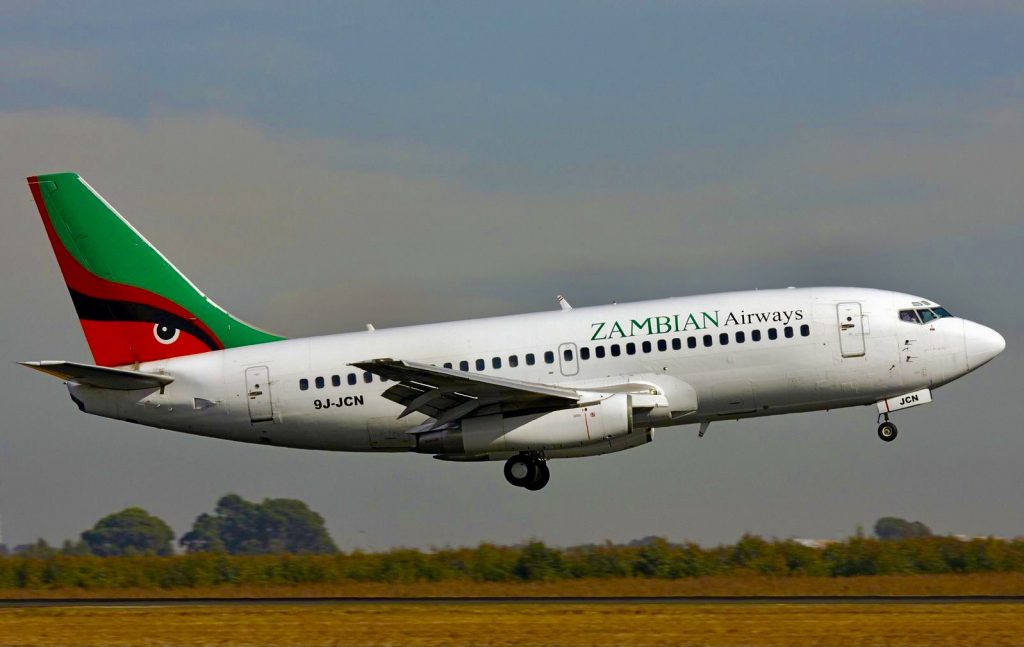Amidst economic turbulence characterized by rising debt, currency woes, spiraling inflation and waning credit appetite, the banking sector in Africa’s second largest copper producer, Zambia, has seen a series of merger and acquisitions (M&A) type of transactions recently. These have taken the form of amalgamations with more expected on the horizon. In this vain, Lusaka Securities Exchange – LuSE listed Investrust Bank (ISIN – ZM0000000235) have a new shareholder, Bank of Nevis International (BONI) which has successfully purchased 24.08% of the indigenous banks stake. Nevis is the smaller of the two islands comprising the nation of Saint Kitts and Nevis in the Caribbean, West Indies.
According to the LuSE Stock Exchange News (SENs) issued on March 19, BONI a bank incorporated under the Nevis Companies Ordinance, Cap 7.06 of the laws of St. Christopher and Nevis in 1998, between March 05-15, acquired 1,966,199 ordinary shares representing 24.08% stake in Investrust. Sources close to the matter revealed that these shares were acquired at a premium of K15 – K2 more than the current trading price – translating to K29,492,985 (circa. $1.3million) from minority equity holders.
LOSS MAKING CONSECUTIVELY BUT STILL LISTED
Investrust Plc has for years struggled in financial performance with the LuSE listed entity not having reported financial statements for prudential purposes as required by the central bank and audited financials as prescribed by the Securities Exchange Commission (SEC). It is about a dry point of construction that Investrust has for while suffered negative jaws causing its loss making position for years yet still remains listed on the Zambian bourse, contradictory of expectations of an ideal listed company. Pe-listing requirements prescribe for (3) consecutive years of positive earnings while the opposite should flag eligibility. The indigenous bank had struggled to meet its local bank capital adequacy requirement, within the grace period after 2012 when then Bank of Zambia Governor, Dr. Michael Gondwe hiked the buffer in the spirit of having well capitalized banks ready to take additional risk as opposed to syndicating small deals.
HOW ZCCM-IH BAILED THE INDIGENOUS BANK FOR INCREASED CAPITAL ADEQUACY REQUIREMENT
To their rescue, came the state owned mining investment vehicle ZCCM-IH that converted the capital into equity but in excess of 71.4% which raised investment concentration risk concerns in an area in which the mining investment is not a centre excellence. There have been efforts to sell down to de-risk with the most recent pronouncement that the state owned Industrial Development Corporation (IDC) would swap ZCCM-IH’s stake in the bank for another entity so as to allow the mining vehicle focus its energies on mining related business as opposed to banking which is not its centre of excellence. Analysts still struggle to comprehend why ZCCM-IH did not recommend most of its investee businesses to bank with Investrust, an additional benefit to the capitalization.
Read also: IDC, ZCCM-IH to swap stakes
The banks financial struggles was exacerbated by the demise of a local Airline Zambian Airways which took out asset finance for its boeing aircrafts from Investrust in the name of supporting indigenous banks but struggled with debt service. The bad debts adversely impacted Investrust then amidst already existing frail corporate governance tenets to include bad lending practices which caused the board to make drastic reshuffles in executive and board leadership a few years back.

TOO FAST GROWTH IN TOO SHORT A SPACE
The Investrust case signals the structure of the Zambian banking industry that does not favor start-up banks to growth. Investrust Plc has struggled to grow its client base and as such grappled to drive growth to the extent that the new shareholder will have to rethink the banks penetration strategy. The central bank will have to assist the indigenous banks grow through accomodative policies that will focus on servicing localities as opposed to competing with international banks that are well capitalized. This could provide a license restructure requirement opportunity. Investrust tried to grow too fast in too short a space which cost the financial institution performance.
BONI’s decision to acquire the stake and invest in the Bank is driven by the long term positive economic outlook for the Republic of Zambia and reflects its confidence in the investment climate of the country in a post COVI19 world, the SENs carried.
The Kwacha Arbitrageur

